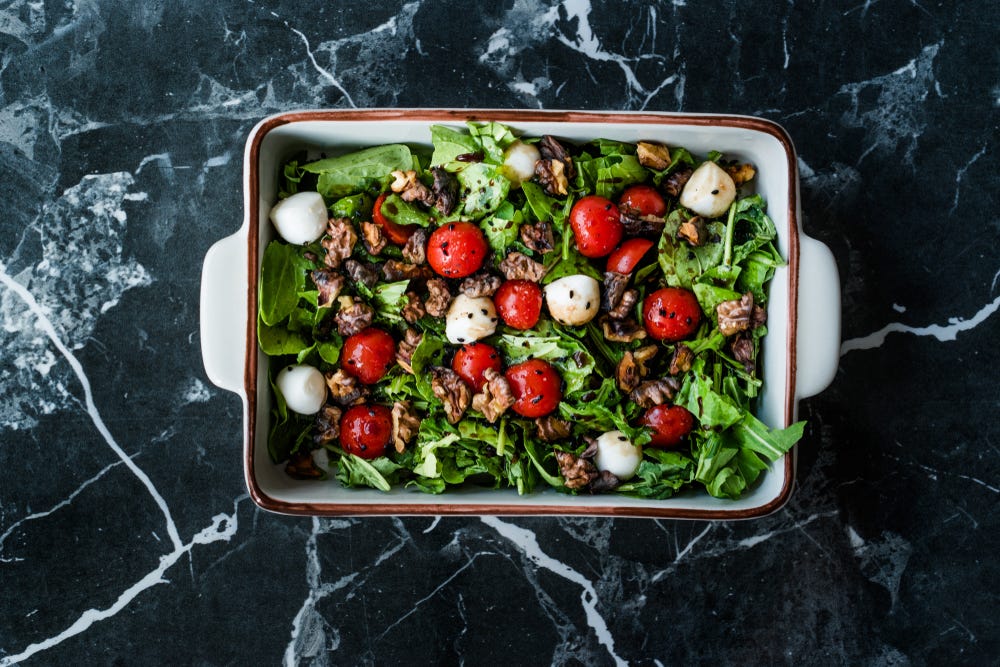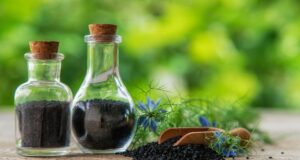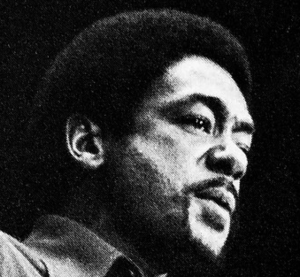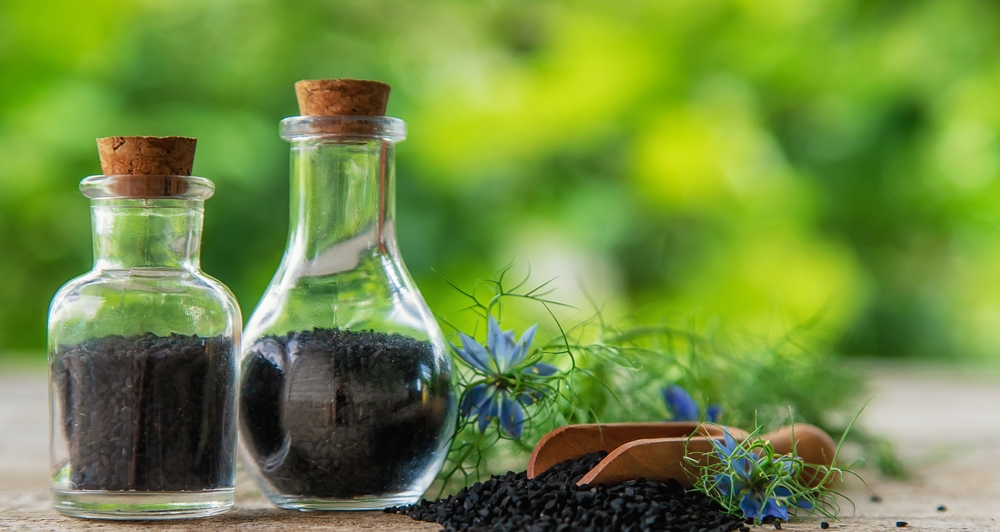It was early evening when I stopped by to see my children before leaving for Senegal—the very place I’m writing this from now. The house carried that familiar warmth, full of small sounds and quiet laughter. I hadn’t planned the visit; it was one of those gentle impulses that told me to stop by before the long trip. I wanted to give them hugs, share a few laughs and feel their company before boarding the flight. I talked with her brothers for a bit, and when I turned back toward Naimah, I saw her standing in front of the mirror.
She was adjusting the small earring perched high on the curve of her ear, her reflection calm and focused. “I’m just making sure it doesn’t get infected,” she said. There was care in her tone, the kind that shows when someone’s learning to tend to themselves. I smiled and asked, “Have you ever heard of black seed?” She shook her head and said, “No, I haven’t. What is that?”
I told her it was a very healing oil, that she could rub a little on her ear to help it heal and prevent infection. I told her that I would get her more information on it. She listened, interested and nodded, and I could see her curiosity spark.
What I didn’t say at the time—but thought about later—was how deep the story of black seed truly runs. How, for centuries, this tiny seed has been used to heal, to soothe and to protect the body from infection. I wanted to tell her that something so small, crushed into oil or sprinkled in food, could help the body fight inflammation, strengthen the immune system and bring the body back into balance. I didn’t say it then. But I am saying it now.
Black seed, also called black cumin or kalonji, comes from a flowering plant native to Southwest Asia and the Mediterranean. Its Arabic name, habbatul barakah, means “the seed of blessing.” It was found among the treasures of ancient Egypt and praised in the healing traditions of early medicine from Africa to the Middle East. For thousands of years, it has been used to treat coughs, wounds, fevers and digestive troubles.
Modern science is now confirming what traditional healers long upheld. Researchers writing in Frontiers in Nutrition found that Nigella sativa contains compounds with antioxidant, anti-inflammatory and antimicrobial properties, even showing potential to slow the growth of certain tumors. A review in Nutrition Today highlighted its active compound, thymoquinone, which helps regulate blood sugar and cholesterol while supporting immune balance. Clinical studies have shown that regular use of black seed oil can lower harmful LDL cholesterol and increase beneficial HDL, improving heart health and reducing metabolic stress.
Dr. Michael Greger has called black seed “one of nature’s most potent antioxidant sources—a rare example of traditional medicine that withstands modern scrutiny.” From eczema and arthritis to respiratory issues and fatigue, scientists continue to explore its ability to restore balance and reduce chronic inflammation.

Even in popular culture, black seed is quietly returning to the spotlight. British heavyweight boxer Anthony Joshua once mentioned taking black seed oil daily to strengthen his immune system and endurance. Across wellness circles—from Lagos to Los Angeles—it’s being used for skin, digestion and recovery. A rediscovery, really, of something ancient that never lost its truth.
Yesterday still lingers in my mind—Naimah in the mirror, tending to her ear with care, that curious light in her eyes when I told her what the Prophet Muhammad ﷺ (peace and blessings be upon him) said: “There is healing in black seed for every disease except death.” It reminded me how healing often begins in small, simple acts: the touch of oil, a word of tradition, the passing of knowledge between generations.
Now, as I sit here in Senegal, I can still see her reflection in that mirror. The soft light, her steady hands, that quiet diligence of care. Healing often begins like that—with awareness, patience and love.
Black seed isn’t just a miracle cure—it’s a message. A reminder of the balance between faith and understanding, tradition and curiosity. For my daughter, my black seed, may this knowledge remind you that health is not just what you take, but how you live, how you think, and how you love. And may every seed you plant, within and without, continue to grow in healing and light.








